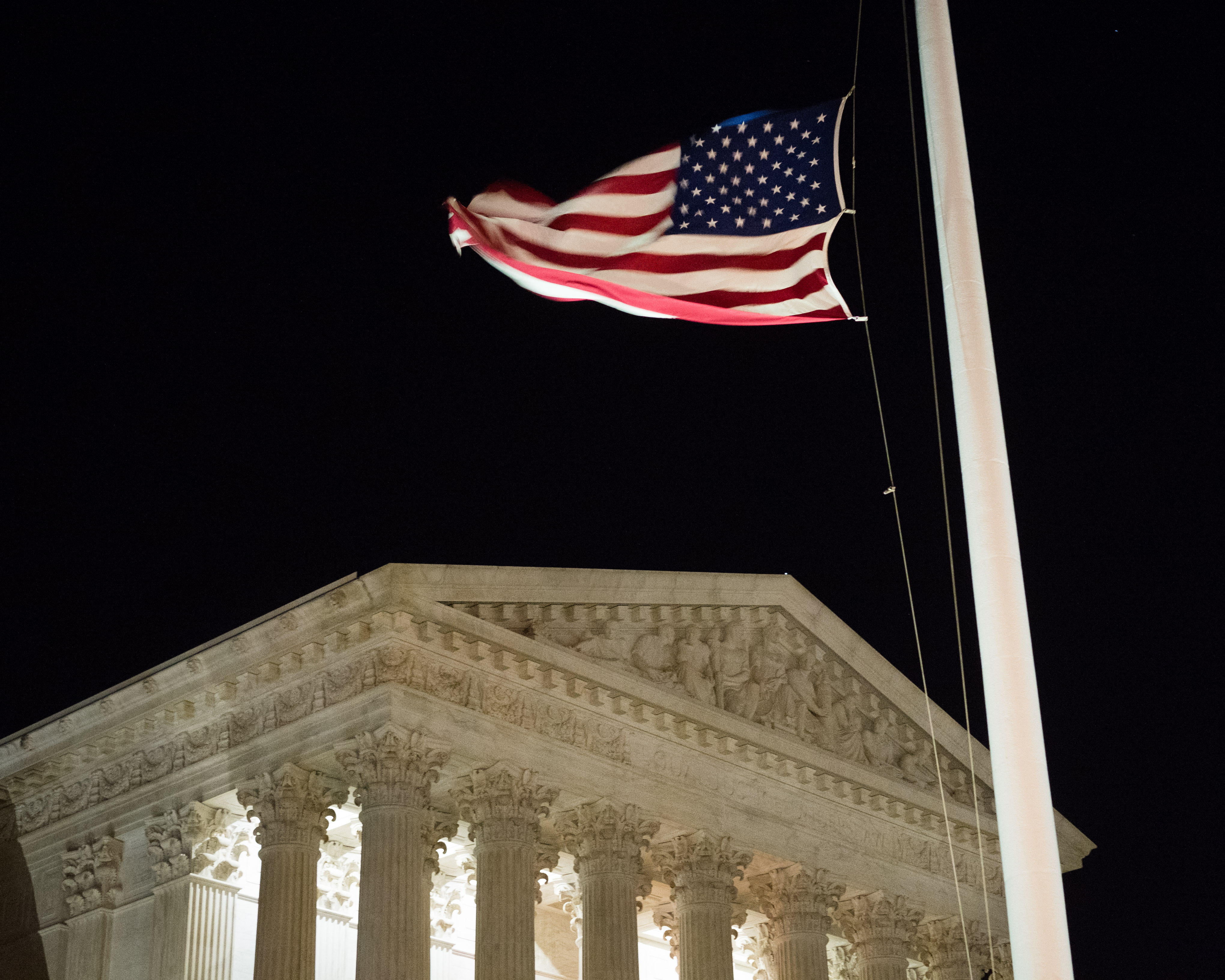
Mondays are going to be a lot less interesting in the colonies now that Justice Antonin Scalia is dead.
His body wasn’t cold yet before the partisans began their daily battle. Scalia did not enjoy the luxury of remembrance for something other than his job, although Ruth Bader Ginsberg gave it a collegial try. The two were best friends, she said, her decency obvious.
The rest of America? Not so much.
I personally pay for the first same sex wedding that happens on Scalia's grave. Open bar.
— Lil meat coat (@YungCoconut) June 27, 2015
Law professor Jamal Green, writing in the New York Times today, says he’s looked up to Scalia for years. He changed how we talk about the law, he said.
Green is a liberal.
Most Americans care about whether the Constitution protects abortion rights or prohibits affirmative action, whether Obamacare is unconstitutional or what free speech means. But whether the Constitution should be interpreted according to its original meaning or according to precedent, whether we should take evolving values or Rawlsian philosophy or neither into account, how we should use legislative history when interpreting statutes — these used to be issues only lawyers, judges and scholars thought about.
Today, journalists, radio talk show hosts and regular news junkies all talk about constitutional theory. And when they do, there is originalism and then there is everything else. No one is more responsible for the originalism “movement” than Justice Scalia. He made constitutional theory sexy.
To liberal legal scholars, originalism looked dead by the middle of the 1980s. Academics had argued that there was just no reliable way to figure out the intentions of long dead people about matters they had never thought about. And in 1985, a famous paper by the constitutional historian H. Jefferson Powell showed that people like James Madison and Alexander Hamilton didn’t themselves believe that later interpreters should seek guidance in their intentions. Originalism seemed to be at war with itself.
The next Supreme Court justice will not be sexy. He/she may not even be brilliant. He/she may be a mediocre, safe pick with a chance to pass a Senate nomination process.
Mondays aren’t going to be anywhere near as intellectually stimulating.
